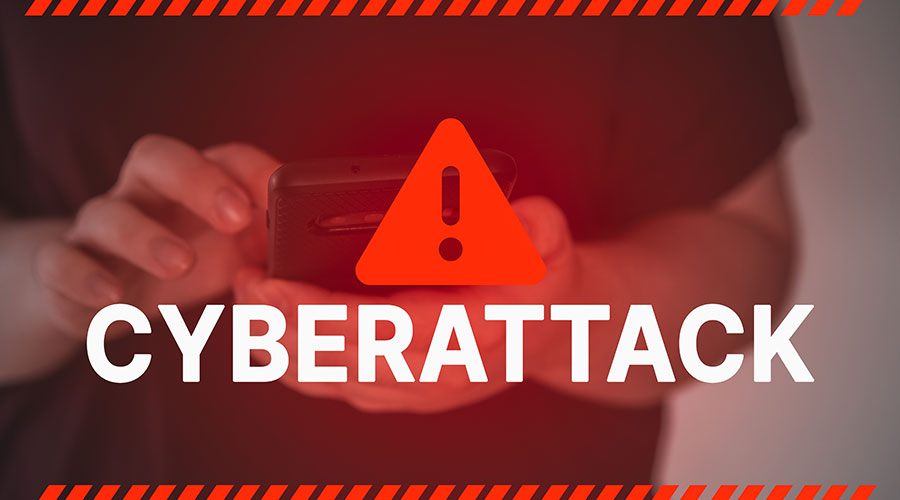The holiday season, a happy time to be enjoyed by all. However, amid the merriment there can be dangers lurking in the background, awaiting their chance to strike. Those threats will strike when one least expects them, creating havoc for unsuspecting facilities.
A recent study from Semperis found that 72 percent of survey respondents were struck by a cyberattack on a holiday or weekend, with 86 percent of them being targets of ransomware. Additionally, 85 percent of organizations that run a 24/7 security operations center (SOC) reduce staffing levels on holidays and weekends by up to 50 percent, due to staffing challenges and increased overtime costs.
“When attackers get inside a company’s systems, especially if it’s on a holiday weekend when staff is diminished, they may not be noticed right away,” Guido Grillenmeier, principal technologist (EMEA) at Semperis, said in the study. “Companies are less careful and more vulnerable during those periods, and attackers know that.”
Related: Protecting the Healthcare Supply Chain from Cyberattacks
Similarly, 63 percent of respondents were attacked during a major corporate event such as a merger, acquisition or an initial public offering (IPO). A study by The University of Texas at Dallas also indicated mergers pose a unique threat to cybersecurity for the following reasons:
- System integration leads to gaps in security.
- Distraction and allocation of resources since mergers are a lengthy and resource-consuming process.
- Data migration can pose a threat if transmitted data is not secured properly.
- Integration of third-party vendors and partners can be an issue if they are not secure.
- Personnel changes since newer staff will be unfamiliar with pre-existing security protocols, which can lead to lapses in judgement and misconfigured systems.
- The Semperis study also found that 81 percent of respondents believe their expertise to be enough to protect against identity-related cyberattacks. However, 83 percent of respondents were victims of a successful ransomware attack in the past 12 months.
To top things off, the study also found 40 percent of respondents either have no budget or are not sure whether they have a budget dedicated to defending core identity systems.
Jeff Wardon, Jr., is the assistant editor for the facilities market.

 The High Cost of Healthcare Violence
The High Cost of Healthcare Violence EVS Teams Can Improve Patient Experience in Emergency Departments
EVS Teams Can Improve Patient Experience in Emergency Departments East Tennessee Children's Hospital to Become Dolly Parton Children's Hospital
East Tennessee Children's Hospital to Become Dolly Parton Children's Hospital The Future of the Global Hospital Hygiene Market
The Future of the Global Hospital Hygiene Market Rethinking Fire Safety Inspections
Rethinking Fire Safety Inspections